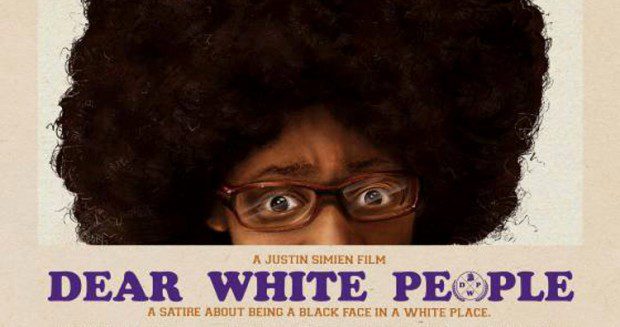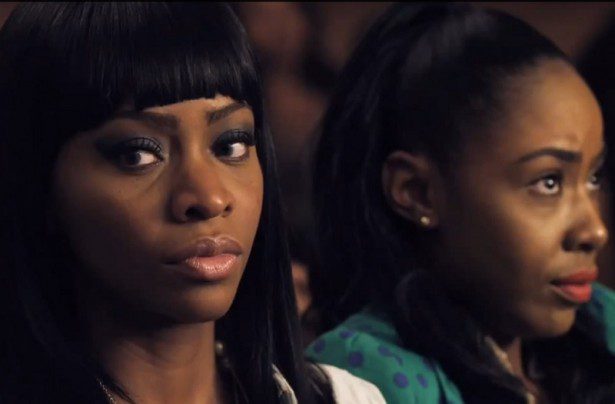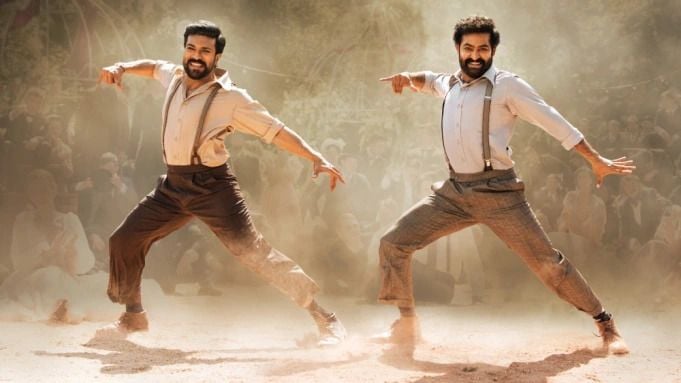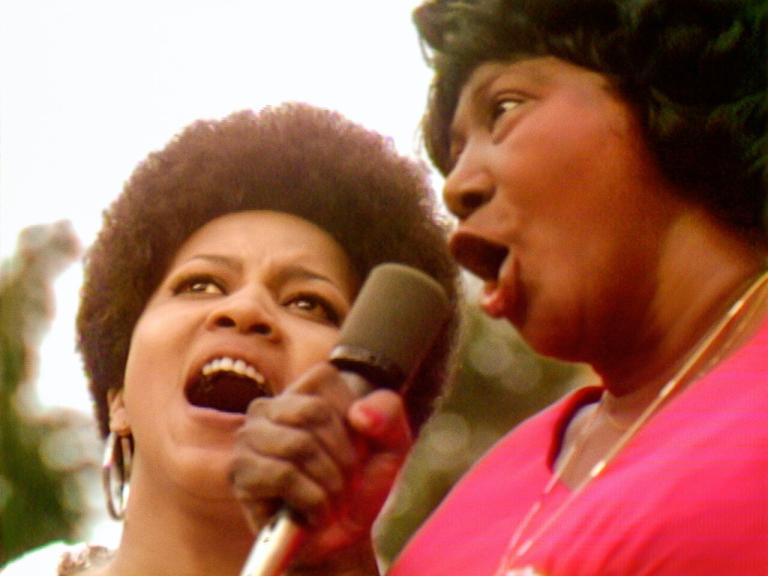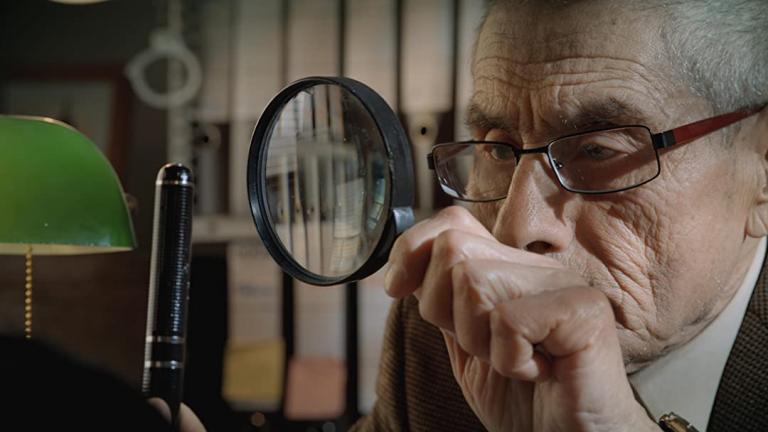Dear White People is a letter (or film) addressed to people like me. I am a college educated, indie film fan, aware of America’s tangled history of race relations, and eager to do the right thing. And yet, Dear White People senses that I (maybe even we) haven’t rooted out a curious fascination and indirect racism in my expectations. We feel familiar enough with black folks to expect certain patterns and tendencies. In slotting colleagues into such boxes, we further delimit the glorious possibilities of fellow humans of all colors.
So how should I receive this smart, indie comedy? Is it a poison penned missive aimed at the racist lurking inside each of us? Somewhat. Has first time director Justin Simien composed a love letter rooted in a long-standing quarrel? Absolutely. Dear White People strikes me as an advice column aimed at those who long to understand what is offensive and unacceptable when it comes to race relations circa 2014. Are we as post-racial in our politics as the election of Barack Obama as president (twice!) might indicate? Or have we merely subsumed our most judgmental thoughts in an effort to demonstrate how enlightened we’ve all become? Dear White People offer a rare opportunity to laugh about the identity politics that keep us from talking about the micro-aggressions and major aggressions that continue to divide us.
Dear White People is a crammed full of characters and ideas about what it means to be a person of color. While Do the Right Thing (1989) began with tempers already boiling on a hot summer day in Bedford-Stuyvesant, Dear White People is set amidst bucolic Winchester University. It harkens back more to School Daze (1988) when Spike Lee was wrestling with divisions within an African American university. But instead of a traditionally black college like Morehouse, we’re dropped into an elite university where black students are pressured to don a white face and anglos adopt a rap patois with awkward familiarity. (Holla for that grand pseudo African/Australian rapper Izzy Azalea!).
Tensions are subsumed at Winchester until Samantha White decides to air a few of her grievances with the student body on a campus radio show. She is tired of white people’s obsession with and longing to touch black folks’ hair. Amongst her sharp observations, Sam advices, “Dear White People, don’t dance.” She also announces, “The minimum requirement of black friends needed to not seem racist has just been raised to two. Sorry, but your weed man, Tyrone, does not count.” The comedy is more sly than snarky.
Dear White People depicts how much work it takes for young African Americans to climb the ladders of success while attempting to retain their roots. It demonstrates how many codes black folks must learn to navigate elite college campuses. How much militancy is required to join the Black Student Union? Is listening to (and maybe even liking) Mumford and Sons a betrayal of African American identity? Dear White People makes us to consider how quickly a campus leader like Troy Fairbanks can be perceived as an uncle Tom. He’s caught between the expectations of his successful father (a dean at the university) and his own self-destructive tendencies.
Coco Conners is trying to parlay a video blog, “Doing Time at an Ivy League” into a reality television career. How many Southside Chicago stereotypes will Coco need to fulfill to satisfy viewers and her producers? Samantha is trying to escape the curse of the tragic mulatto, caught between communities by competing love interests. The confusion and self-discovery swirling beneath within Dear White People’s characters should spark empathy in audiences. We all have something to hide, someone to fear, expectations to fulfill. Yet, satire can be a precarious approach to storytelling. People may not get or even appreciate the joke.
The sanest character, shy journalist Lionel Higgins, is bounced between residence halls. His massive Afro makes him an outcast amongst Caucasian dorms. Yet, his fondness for talky Robert Altman movies places him outside the realm of the traditional black hall. His sexuality also complicates matters. Is he an intelligent black man who happens to be gay? A homosexual who happens to be black? Or can Lionel help the campus rise above such labeling. Perhaps Lionel serves as the quiet voice of reason because he most aligns with the director’s own biography. Through Dear White People, Justin Simien provides a much needed service, raising the slightly discomforting issues of identity politics at a time when most of us have agreed to be polite and strive to hide our most regressive thoughts.
On Pepperdine’s traditionally white university campus, we are just starting to wake up to the new normal where students of African, Asian, Latin, and Native backgrounds constitute a majority of the student body. While the teachers and administrators remain overwhelmingly white, the students reflect the diversity of Los Angeles (and the world). When a problem with racial implications arises (like the shooting of Michael Brown in Ferguson, Missouri), students turn out in huge numbers to discuss the issues. But if there isn’t a national crisis to address, we don’t really talk about race and ethnicity. These issues are seemingly too fraught with landmines for most people to feel comfortable handling.
Dear White People invites us to see behind the roles we’ve assigned to ourselves and each other. We are challenged to go deeper, to get into the backstories that animate our loves and our hates. We are also forced to face the ugly side of campus life, where preppy frat boys just want to party. Of course, when pimp and ho’ parties include bros in blackface downing ‘purple drank,’ tempers flare fast. The preponderance of real life frats donning gold chainz and eating watermelon and fried chicken demonstrate how much every generation needs to be educated about the painful power of stereotypes. Micro and macro aggressions “R” still definitely us.
Dear White People has already sparked some remarkably candid conversation on the message boards of the Internet Movie Database. The anonymity of the web allows us to set aside some of the niceties we maintain in face-to-face conversations. According to the Whiteness Project, our empathy for the other has flagged. We’re having fewer interactions with people not like us. Perhaps the gulf exposed in our responses to events in Ferguson reveals the social cost of staying comfortably within our tribe. The overwhelmingly positive response to Dear White People amongst film critics may reveal more about that peculiar tribe. (Richard Brody of The New Yorker broke from the pack to critique the modest goals and inherent conservatism of the film.)
For those trained to engage with the other, Dear White People may provide the perfect helping of liberal guilt. We can comfortably assert “Yes, I am a racist” and recognize the social problems that arise from such blind spots. But will Dear White People provide a bracing comedic tonic to audiences beyond the Ivy League or at least, alums of affluent college campuses?
Questions of identity that Justin Simien identifies for black folks navigating America’s corridors of power may not apply to those who are far removed from such opportunities. The conflicted young people at Winchester University have earned a chance to try on multiple selves and wrestle with how cozy they hope to be with the Man. Far too many Michael Browns never get the space or place to try on new possibilities.
Dear White People demonstrates how far we still need to go in our institutions of higher learning. But it doesn’t even begin to wrestle with the injustices endured by the permanent underclass. It exposes the identity crises lurking within the future leaders of America. That is a rare and energizing cinematic gift. But I am still left wondering how we address the ongoing plight of those who will never be granted a chance to be mocked at fraternities parties or host a campus radio show. For Oscar Grants and Trayvon Martins and Michael Browns, we need more films like Fruitvale Station (2013). For those who can afford to laugh (or wince) about inequalities in our seemingly most civilized settings, we have the timely and ultimately comforting dispatch, Dear White People.

